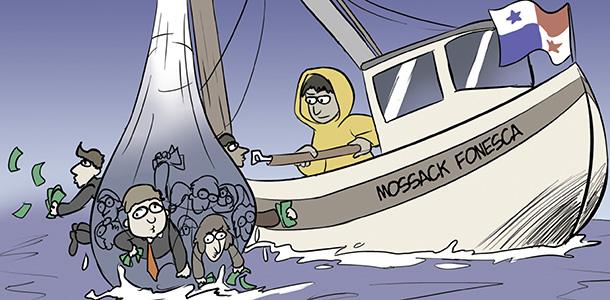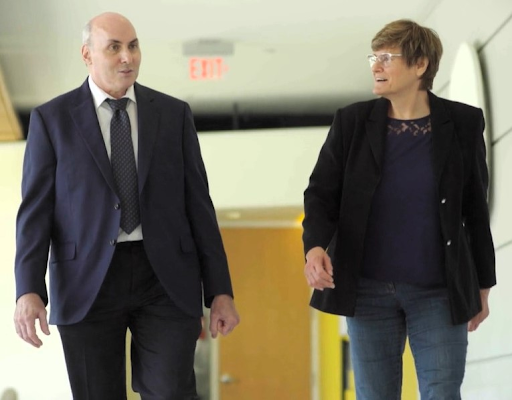Panama is the new Switzerland if the ongoing Panama Papers leaks are any indication.
Made available to German newspaper Sueddeutsche Zeitung in chunks at the outset of 2015, the Panama Papers are a collection of 11.5 million leaked documents. Approximately 2.6 terabytes in size, these transcripts contain a wealth of transaction records that indict world leaders, movie stars and other people of power.
Their crime? Engaging in the process of owning shell corporations and operating offshore accounts.
Offshore banking and shell companies are often used to engage in illicit moneymaking schemes. In the case of Mossack Fonseca, the law firm at the center of the Panama Papers, the primary crimes in question are tax evasion and fraud. The practice of offshore banking, and even the practice of avoiding taxes, is not illegal in and of itself, as Associate Professor of Philosophy Vance Ricks pointed out.
“It’s really important to remember that it is not illegal or unethical to hold money in offshore accounts,” said Ricks in an email interview. “Many of us who aren’t in ‘the one percent’ regularly avoid paying taxes that we know we need to pay.”
He provided examples ranging from babysitting to yardwork and even unpaid sales tax on online purchases.
Just as avoiding certain taxes is not always illegal or unethical, the practice of running shell companies can have legitimate purposes.
“Unlike a regular company, which will have employees, assets and operations, a shell company is a hollow structure, set up for the purposes of performing financial manoeuvres (sic) rather than selling goods or services,” said an April 7 article by The Economist.
The article highlighted a potential legal use of a shell corporation.
“At the legitimate end of the shell-company scale, investors from different countries who are setting up a joint venture might choose to incorporate it in a neutral offshore jurisdiction, and may use a shell as part of its corporate structure.”
By the same token, shell corporations can also be used for more dubious purposes. Several methods exist for using a combination of lax tax laws and empty companies in tandem to amass wealth. According to the FBI, one such scheme is to “pump and dump” a shell company’s stock, artificially inflating the value and then selling it for profit.
These companies can be used to stay in power or weather poor financial climates.
This could be true for Russian Prime Minister Vladimir Putin, whose associates moved upwards of $2 billion according to The New York Times. Putin’s enigmatic fortune, which financial analyst Stanislov Belkosvy attributed to alleged gas and oil industry ties in 2007, could be invested in shell companies and multiplied several times over through the process described above.
Iceland’s Prime Minister Sigmunder David Gunnlaugsson recently resigned following days of protests. His name appeared in the documents. United Kingdom Prime Minister David Cameron has come under intense scrutiny too for his family’s historical ties to Panamanian banking.
With more leaks to come, leading up to the May release of the entire library of documents, these are just a few drops in the ocean of information.
While Panamanian banking promised complete anonymity, Vance Ricks identified one factor that many forget when striving for anonymity: the human one.
“The most sophisticated and hardened system in the world still relies on people to design, maintain and use it,” Ricks said. “For instance, even if Mossack Fonseca has state-of-the-art software and hardware to preserve its clients’ personal information, all that it takes is one disgruntled, or incompetent, or venal employee at that law firm to make all of that software/hardware basically irrelevant.”
Ricks expressed doubt in the idea of total anonymity.
“I think that, at best, there can be varying degrees of anonymity for limited times,” he said. “The limits will be determined not just by the sophistication of the tools that we have but also — and at least equally — by the social, ethical and legal norms that are in place in the places where those tools are being used.”
While the long-lasting effects of the Panama Papers are not clear at this juncture, questions surrounding both the ethicality of offshore banking and of information leaks are more prominent than ever. Only time will tell what changes will occur in the global community.













